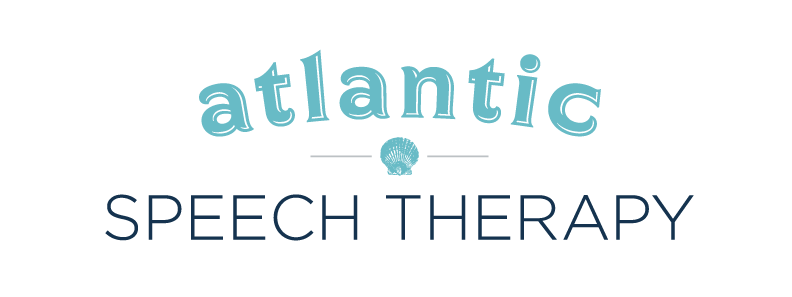Speech & Language Therapy
Feeding disorders resulting from medical conditions such as GERD or prematurity; congenital diseases such as CP or cleft lip/ palate; and behavioral such as sensory awareness or food refusal.
Swallowing disorders resulting from poor intake, CVA, TBI, congenital diseases, pulmonary/ respiratory difficulty, gastrointestinal disorders, etc.
Speech
Difficulty producing the sounds that make up language: phonological processes, apraxia, acquired apraxia of speech, articulation disorders, dysarthria, fluency disorder (stuttering).
Language
Difficulty expressing and understanding thoughts and ideas: receptive language disorders, receptive aphasia, etc., expressive language disorders, language delays, expressive aphasia, etc.
Cognition
The way an individual organizes and processes information: executive function disorders, intellectual disability, memory, safety awareness, orientation, etc.
Voice
The sound produced when an individual speaks: dysphonia, vocal hygiene, etc.

We want to hear from you
The best way to learn if speech & language therapy would be beneficial is to speak with a licensed professional who can evaluate.
Call us today, and we’ll happily help answer your questions.

